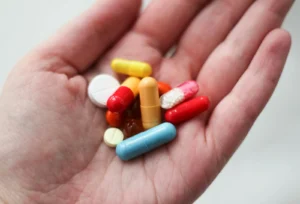- Home
- About
- Treatment
- Programs
- Addictions
- Who We Help
- Tour
- Areas We Serve
- New Jersey
- Alpine
- Atlantic City
- Bayonne
- Bergen County, NJ
- East Newark
- East Orange
- Edison
- Elizabeth
- Fair Lawn
- Franklin Lakes
- Highlands
- Jersey City
- Kearny
- Linden
- Little Ferry
- Long Branch
- Montvale
- Morris County
- Newark
- New Brunswick
- North Arlington
- Palisades Park
- Paterson
- Perth Amboy
- Princeton
- Rahway
- Secaucus
- Tenafly
- Toms River
- Trenton
- Voorhees
- Upper Saddle River
- West New York
- Woodbridge
- Wyckoff
- New York
- Connecticut
- Pennsylvania
- Maryland
- New Jersey
- Admissions
- Resources
- Contact Us























